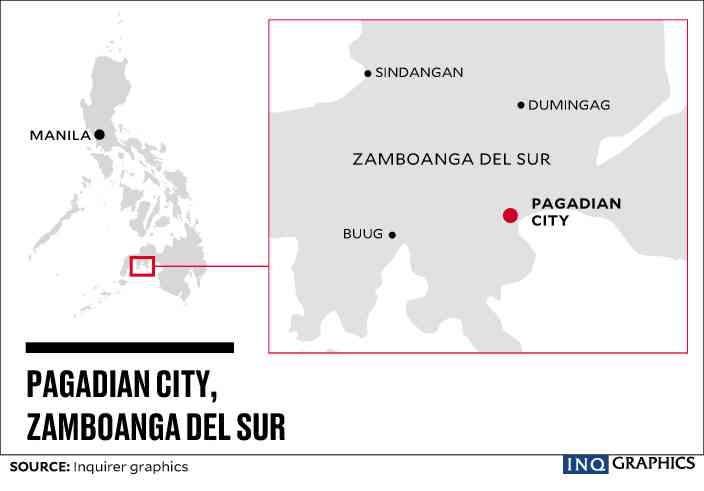Craft law to stop punishment, shaming of children, group urges gov’t
Credit to Author: clopez| Date: Thu, 04 Jul 2019 21:00:46 +0000
The nongovernmental organization Save the Children Philippines has asked lawmakers for the immediate crafting and passage of a measure prohibiting physical and humiliating punishment on children as it condemned the abuse of an 8-year-old girl in Pagadian City, who was made to kneel on live embers for a perceived misdeed.
According to lawyer Albert Muyot, chief executive officer of Save the Children Philippines, hurting children, through physical and psychological means, is never acceptable as this could lead to permanent and harsh results, including death.
Early dismissal
“Physical and humiliating punishments have devastating impact on children,” Muyot said in a statement on Wednesday.
“What the 8-year-old little girl from Zamboanga del Sur experienced in the hands of her mother clearly constitutes child abuse,” he added.
The girl, a third grader, was forced by her mother to kneel on live ember as a punishment over suspicion that she skipped classes on June 24.
It turned out that the girl’s teacher dismissed the class early to allow the children to celebrate the feast of St. John the Baptist.
The girl left her bag in the classroom and when she returned to get it, the room was already locked.
When she went home, her mother told her to go back to school and get her bag. When the girl returned still without the bag, her mother hit her then went to the kitchen to get burning firewood and made her kneel on live embers.
The teacher found out about the incident after she visited the girl in the family’s house on June 28, as she had been puzzled by her student’s unusual absence for days. The teacher immediately reported the girl’s condition to barangay officials and the police.
Corporal punishment
Muyot lamented that the practice of physical and humiliating punishment is acceptable to many Filipino parents. He said the girl’s parents were reported to be in the habit of beating up their children.
“Every year, corporal punishment kills thousands of children around the world, and injures and handicaps many more,” Muyot said.
He cited the results of the 2016 National Baseline Study on Violence Against Children published by the Council for the Welfare of Children, which showed that in the Philippines, three of five children suffer from physical violence, most of which happen at home and in the hands of their parents and caregivers.
The study, he added, indicated that corporal punishments in the home include spanking with a bare hand, rolled paper or stick and pulling the hair, pinching or twisting of ears. Other forms of severe abuse are slapping, kicking, smothering, tying, drowning and burning.
Save the Children Philippines, Muyot said, is advocating positive discipline that promotes stronger bond and open communication between children and parents.
“The group conducts positive discipline training for parents and teachers to ensure that children do not suffer from physical and humiliating forms of punishments,” he said.
“Discipline is not the same as punishment, but rather teaching and guiding them in ways that make them feel loved and respected. If our goal is for children to grow up to be self-disciplined, responsible, nonviolent, respectful and good people, then we need to teach them that by treating them right and by being good role models, particularly in their homes where they should feel the most love and protection,” Muyot said. —WITH A REPORT FROM LEAH AGONOY
